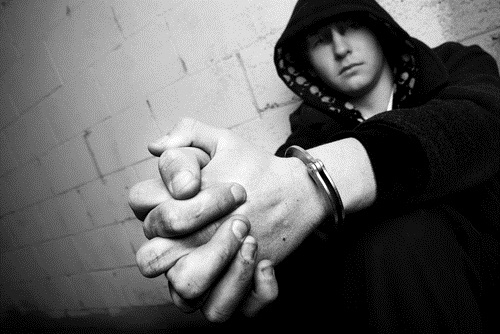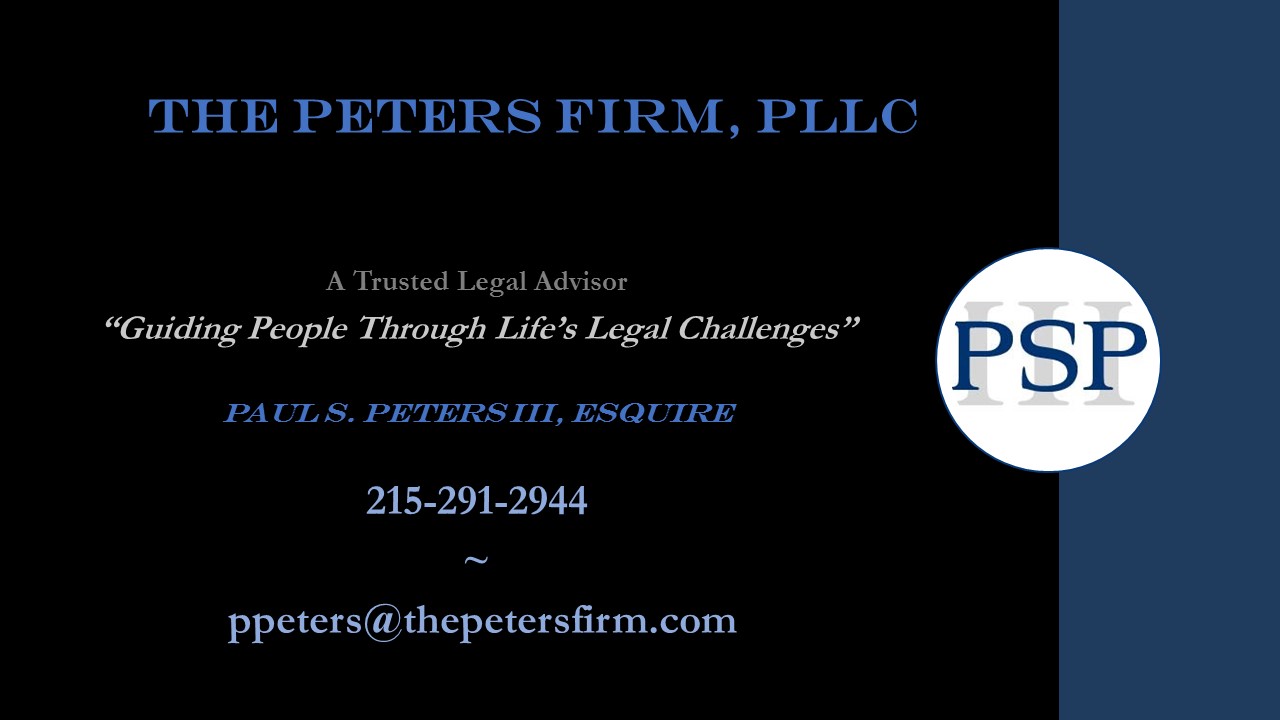
What is Juvenile Delinquency
in Pennsylvania?
For parents to receive a phone call that their son or daughter is under arrest, is terrifying. In Pennsylvania, laws, and procedures relating to the arrest and prosecution of juveniles are found in statute 42 Pa.C.S. Chapter 63. When someone under the age of 18 gets arrested, he/she faces an entirely very different process and treatment than adults. This leads to the question: What is Juvenile Delinquency in Pennsylvania?
Adult crimes are handled within Pennsylvania’s Criminal Courts, whereas Juvenile Crimes go through Pennsylvania’s Family Courts. Criminal Justice experts believe Juvenile Delinquency to be more of a family issue than a criminal problem.
The main reason for the separate courts and process is the Adult system’s goal and purpose is punishment and retribution. The Juvenile system’s objective is rehabilitation and treatment (drugs, alcohol, mental health, learning disability), as well as continued education. The Juvenile system moves exponentially faster than the Adult system, given the goal of keeping the juvenile in school or other educational programs.
The Juvenile system uses different terminology than the adult system.
– Crime v. Delinquent Act
– Guilty v. Delinquent
– Trial v. Adjudication Hearing
– Incarceration v. Commitment
– Sentence v. Disposition
– Parole v. Aftercare
Another stark difference is the Pennsylvania Juvenile system provides no right to a jury trial. Juveniles do not have the right to bail if held in detention until a hearing. Lastly, juveniles do not go to prison; they are either sent home or to foster care and supervised by the court, or sent to a program that is treatment and education focused. Examples of juvenile facilities are Saint Gabriel’s Hall, Summit Academy, and Abraxas.
Charging a Juvenile as an Adult in Pennsylvania
Some circumstances in Pennsylvania, call for juveniles to be tried as adults, known as “direct file” juvenile. In Pennsylvania, specific “direct file” offenses do not fall within the scope of the juvenile court and are referred directly to criminal court for prosecution. Examples of a “direct file” offenses include:
1. Murder
2. If a juvenile 15 years or older commits the following offenses with a deadly weapon:
– Rape
– Involuntary deviate sexual intercourse
– Robbery
– Aggravated indecent assault
– Attempt, conspiracy or solicitation to commit the above crimes
3. If a juvenile 15 years of age or older has been previously adjudicated delinquent for one of the following offenses (even without a deadly weapon):
– Rape
– Involuntary deviate sexual intercourse
– Robbery
– Robbery of a motor vehicle
– Aggravated indecent assault
– Kidnapping
– Voluntary manslaughter
– Attempt, conspiracy or solicitation to commit the above crimes
A juvenile, through his/her Pennsylvania Criminal Defense Attorney can request to be transferred from adult criminal proceedings to juvenile proceedings, for any “direct file” offense. The juvenile’s attorney must file a motion containing a written evaluation by a Doctor of Psychology as to whether the juvenile is amenable to treatment and rehabilitation in the juvenile system.
Summary Offenses and Juveniles
Minors charged with summary offenses, Pennsylvania’s least serious offense level, he/she will face the same court system that an adult would as well as similar punishment if found guilty (fine, treatment, or community service).
The juvenile will go before the local Magisterial Court to have the case heard.
Summary offenses typically committed by juveniles in Pennsylvania are:
– Underage drinking
– Disorderly conduct
– Possessing or Manufacturing a Fake ID
– Shoplifting of items $150.00 or less
– Truancy or Curfew Violation
– Traffic offenses, not including DUI
Underage DUI
If you are under 21, your standards for blood alcohol content are stricter than those for drivers over 21. If under 21 and caught driving with a BAC .02 percent or higher, the police will charge you with DUI. (Those over 21 get charged if they have a BAC of .08 percent or higher.)
You will lose your license and be placed on court supervision, as well as possibly face adult DUI charges.
The above should help in clarifying the question: What is Juvenile Delinquency in Pennsylvania?
How Paul S. Peters III, Esquire Can Help
If your child is arrested for any crime, felony or summary, you must act quickly and obtain trusted, experienced, and aggressive legal defense for your child. Paul S. Peters III, Esquire is the lawyer your child needs. Attorney Peters has years of extensive experience representing juveniles in criminal matters. Additionally, Attorney Peters spent years as an educator of high school and college students. He has intricate knowledge of how juveniles think and act, and is skilled at building rapport and trust with minors, and possesses the necessary compassion, patience, and empathy required to effectively and zealously represent juvenile clients. Do not waste another minute in getting your child the legal representation that is needed, time is of the essence, and immediate work on your child’s defense is crucial.
If your child is facing Criminal Charges, you MUST call Attorney Paul S. Peters III, Esquire 24 hours a day, 7 days a week, and he can appear at late night bail hearings. Attorney Paul S. Peters III, Esquire knows that crime and the police never sleep.
YOU BETTER CALL PAUL!
215-291-2944
ppeters@thepetersfirm.com
TRUSTED, AGRESSIVE, ZEALOUS, AND EXPERIENCED PENNSYLVANIA CRIMINAL DEFENSE ATTORNEY
If you are arrested in any of the following Pennsylvania Counties: Montgomery, Philadelphia, Bucks, Delaware, Chester, Lehigh, Lancaster, Northampton, Berks, Adams, Cumberland, Dauphin, Franklin, Fulton, Huntington, Juniata, Lebanon, Mifflin, Perry, Snyder, York Bradford, Cameron, Centre, Clinton, Lycoming, Montour, Northumberland, Potter, Sullivan, Tioga, Union, Carbon, Columbia, Lackawanna, Luzerne, Monroe, Pike, Schuylkill, Susquehanna, Wayne, and Wyoming County
It is important you contact the trusted, aggressive, and experienced Pennsylvania Criminal Defense Attorney:
Paul S. Peters III, Esquire at:
215-291-2944
ppeters@thepetersfirm.com



